Organic Gardening For Beginners
Introduction:
Organic gardening has gained widespread popularity in recent years as people become more conscious of the environmental and health benefits of growing their food. Whether you’re a seasoned gardener or just a beginner, adopting organic gardening practices can help you create a thriving, sustainable garden while minimizing your impact on the environment.
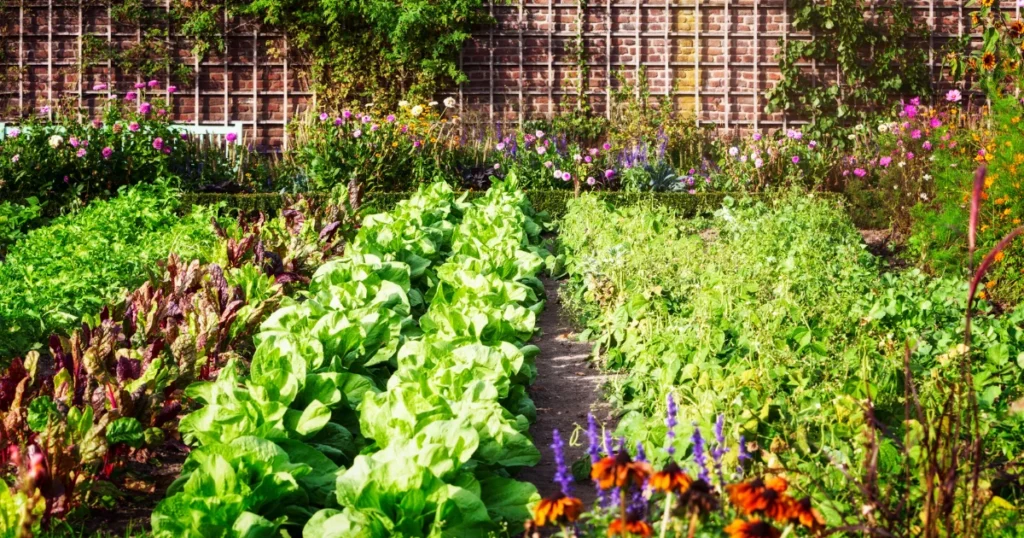
If you are new to gardening and want to know about container gardening then read our article on container gardening for beginners which tells you everything from types of containers to the fruits.
Steps for Organic Gardening:
1. Start with Healthy Soil:
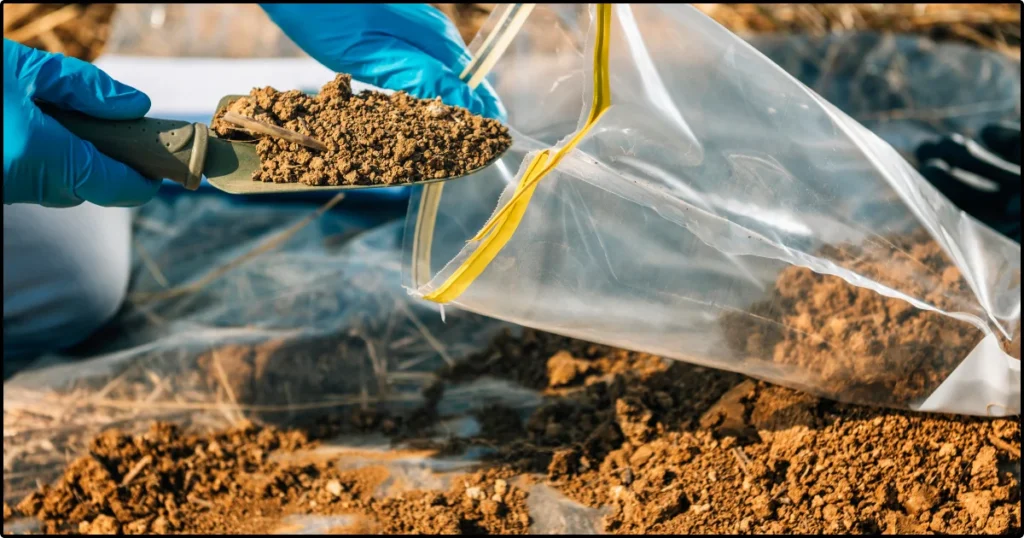
Healthy soil is the foundation of a successful organic garden. Begin by testing your soil to assess its pH level and nutrient content. Amend the soil with organic matter such as compost, aged manure, or composted leaves to improve its structure and fertility. Healthy soil promotes strong root growth and nutrient uptake, leading to healthier plants.
2. Choose Organic Seeds and Plants:
When selecting seeds and plants for your garden, opt for organic varieties whenever possible. Organic seeds are free from synthetic pesticides and genetically modified organisms (GMOs), ensuring that your garden remains chemical-free from the start. Look for certified organic seeds and Drought-Tolerant Plants for Water-Wise Gardening from reputable suppliers.
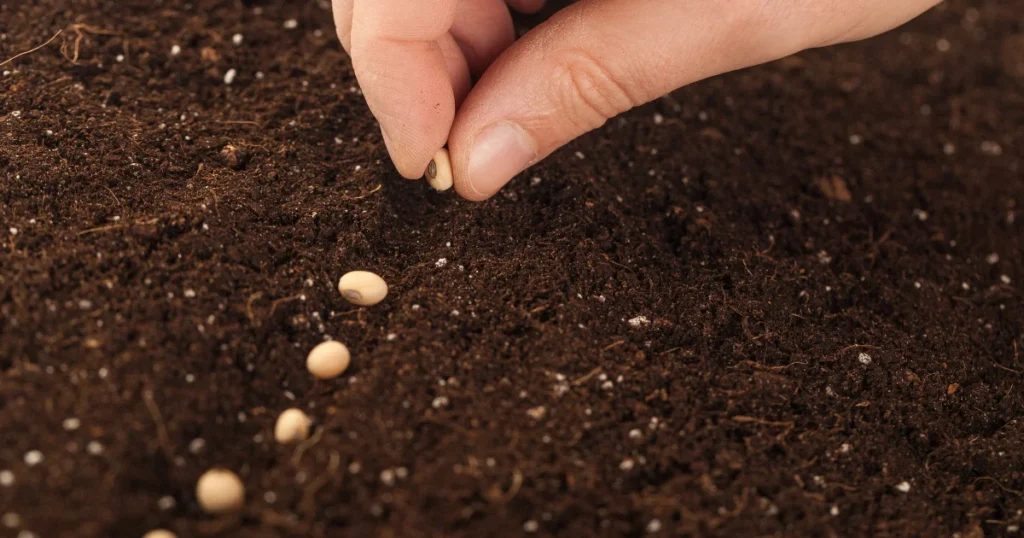
3. Practice Companion Planting:
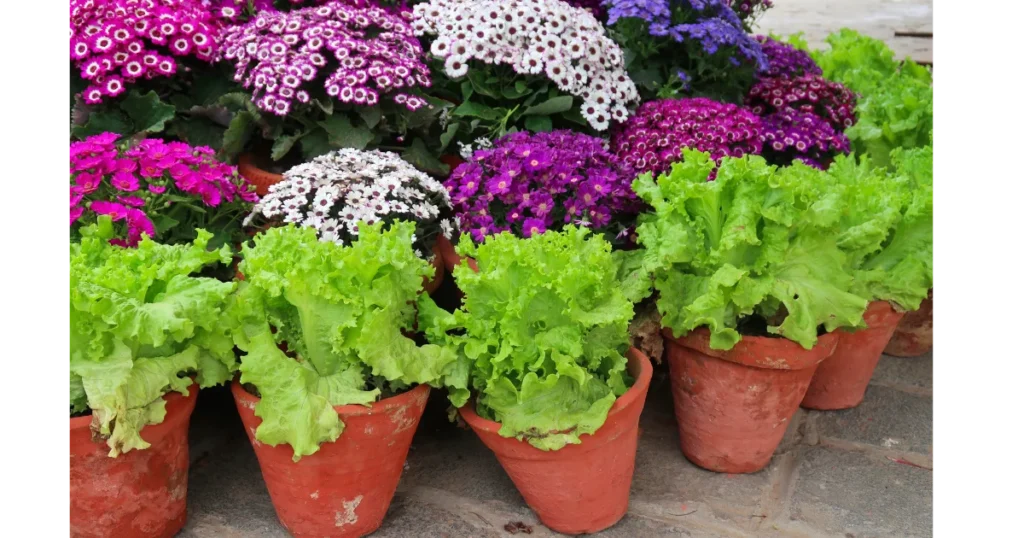
Companion planting is a traditional gardening technique that involves planting complementary crops together to enhance growth and deter pests. Research companion planting combinations that work well in your region and incorporate them into your garden layout. For example, planting basil near tomatoes can help repel pests and improve tomato flavor.
4. Use Natural Pest Control Methods:
Instead of relying on chemical pesticides, embrace natural pest control methods to manage pests in your garden. Introduce beneficial insects such as ladybugs, lacewings, and parasitic wasps, which prey on common garden pests like aphids and caterpillars. Additionally, attract pest-eating birds to your garden by providing habitat and food sources
5. Practice Integrated Pest Management (IPM):

Integrated Pest Management (IPM) is a holistic approach to pest control that combines preventive measures, cultural practices, and biological controls. Monitor your garden regularly for signs of pest infestations and take action promptly to prevent them from becoming a problem. Use barriers, traps, and hand-picking to control pests when necessary.
6. Mulch to Conserve Water and Suppress Weeds:
Mulching is an essential practice in organic gardening that helps conserve soil moisture, suppress weeds, and regulate soil temperature. Apply a layer of organic mulch such as straw, wood chips, or shredded leaves around your plants to retain moisture and prevent weed growth. Mulching also adds organic matter to the soil as it decomposes.
7. Practice Water Conservation:
Conserve water in your garden by watering plants deeply and infrequently, rather than shallowly and frequently. Install a drip irrigation system or use a watering can to deliver water directly to the base of plants, minimizing water waste. Water your garden in the early morning or late evening to reduce evaporation and ensure efficient water uptake by plants.
8. Rotate Crops to Prevent Disease and Nutrient Depletion:
Crop rotation is a key practice in organic gardening that helps prevent the buildup of pests and diseases in the soil and maintains soil fertility. Cover crops in rotation annually, avoiding planting members of the same plant family in the same location each year. Rotate nitrogen-fixing legumes with heavy-feeding crops to replenish soil nutrients naturally.
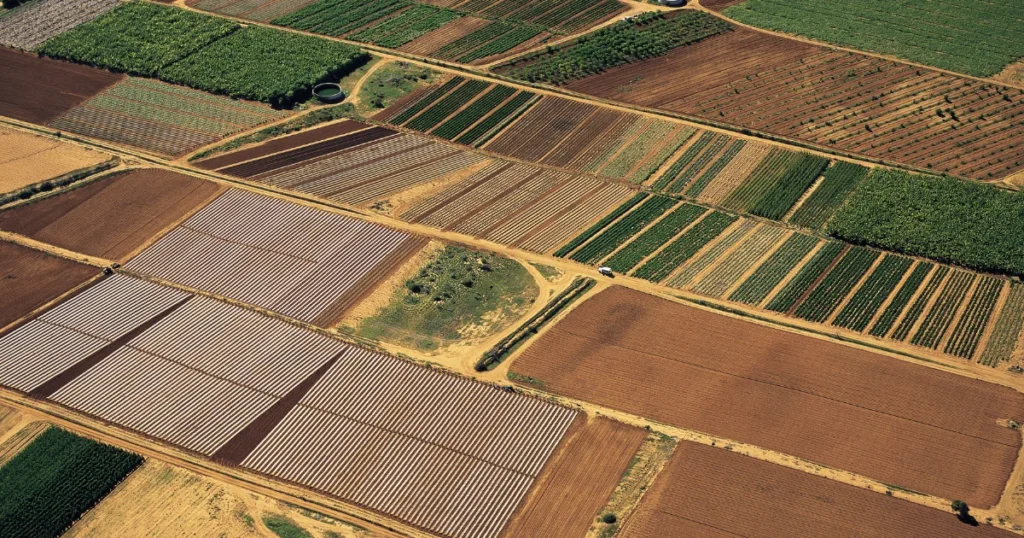
9. Encourage Biodiversity in Your Garden:
Promote biodiversity in your garden by planting a diverse range of crops, flowers, and herbs. Biodiverse gardens are more resilient to pests, diseases, and environmental stressors, leading to healthier plants and higher yields. Create habitat areas for beneficial insects, pollinators, and wildlife to thrive, such as native plantings, hedgerows, and insect hotels.
10. Embrace Organic Fertilizers and Soil Amendments:
Feed your garden with organic fertilizers and soil amendments to provide essential nutrients for plant growth. Use compost, aged manure, seaweed extract, bone meal, and other organic fertilizers to nourish your soil and plants naturally. Avoid synthetic fertilizers and chemical additives, which can disrupt soil ecosystems and harm beneficial organisms.
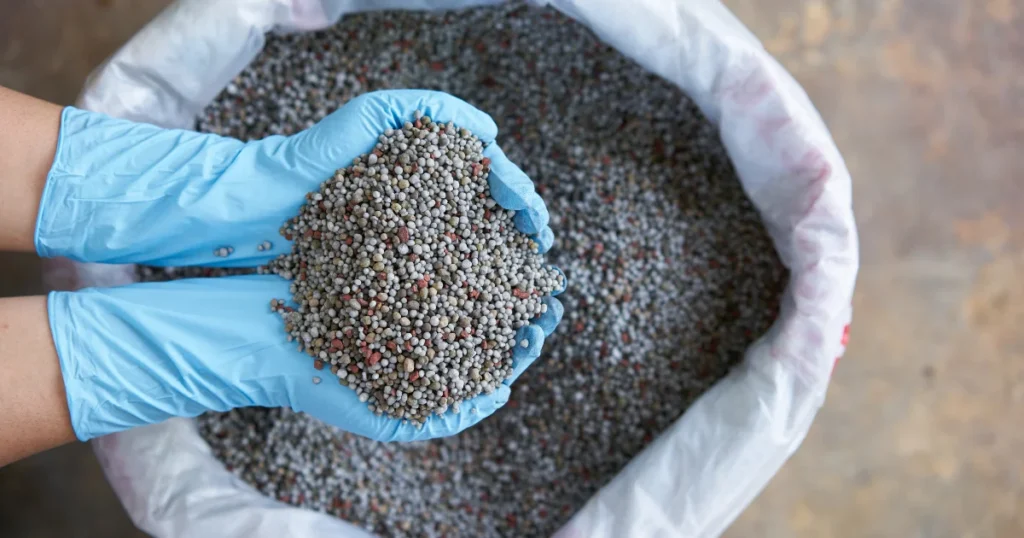
Conclusion:
Organic gardening offers a sustainable and environmentally friendly approach to growing food and ornamental plants. By implementing these organic gardening tips and tricks, you can create a healthy, thriving garden that provides abundant harvests while preserving soil health and biodiversity. Whether you’re a beginner or an experienced gardener, incorporating organic practices into your gardening routine will benefit both you and the planet. Happy gardening!






